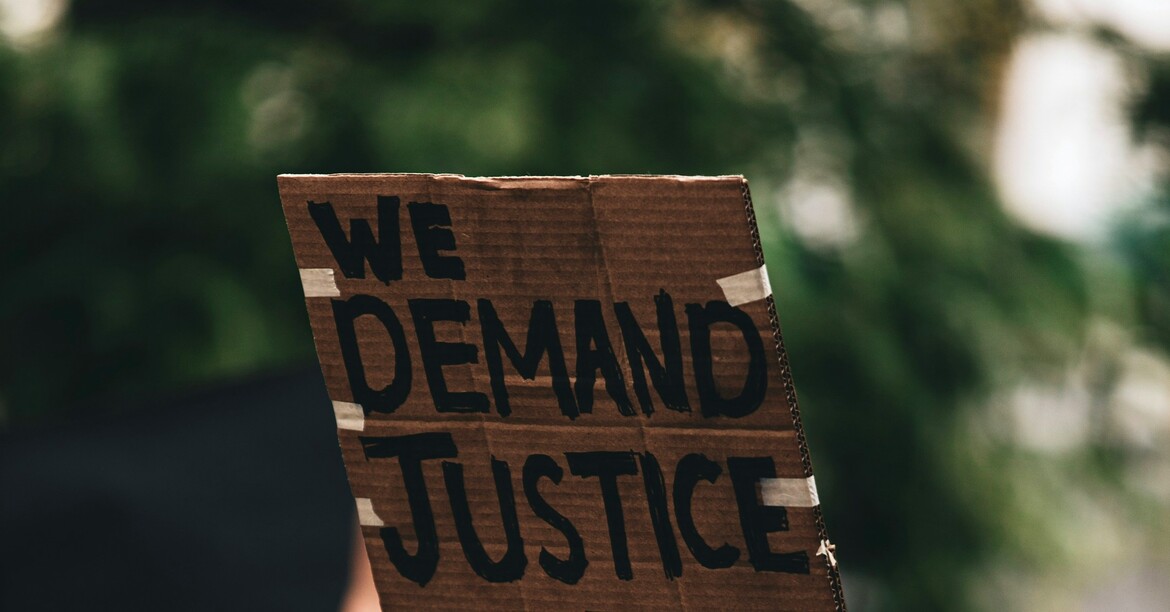
Championing Justice: The Asylum Lawyers Network
Founded in the 1990s by Caritas and UN Refugee Agency (UNHCR), the Network of Asylum Lawyers (NWAA, Netzwerk AsylAnwältinnen) brings together specialized attorneys and aid organizations. Today, Caritas Austria coordinates this vital alliance to defend refugee rights.
In specific cases, the NWAA supports destitute asylum seekers in filing appeals with Austria's highest courts following a negative decision from the Federal Administrative Court in their asylum process. Austrian law mandates legal representation for such appeals—and, in our view, that should mean lawyers with solid expertise in asylum law to ensure the best possible defense. However, many asylum seekers cannot afford legal representation and must apply for legal aid, which often overlooks the attorney’s experience in asylum law. To address this gap, the NWAA provides access to specially trained project attorneys—ensuring fair proceedings and a genuine chance at justice.
Why This Matters
We pursue landmark rulings—also known as precedent-setting decisions—from Austria’s highest courts. These judgments clarify crucial legal questions that go beyond individual cases, such as statutory interpretation or recurring issues in other proceedings. These rulings can benefit many, as they must be considered in future cases. Through this work, we help strengthen the overall legal protection of asylum seekers in Austria.


One Ruling for Many: Afghan Women Before the ECJ
A powerful example: In October 2024, the European Court of Justice (ECJ) issued a landmark ruling (C-608/22 and C-609/22, dated October 4, 2024). Two Afghan women, represented by project attorneys from the NWAA, brought the case. The Court ruled that Afghan women may be granted asylum based solely on their gender and country of origin—without the need for a detailed examination of their individual grounds for fleeing.
The ECJ’s reasoning: Women in Afghanistan face severe discrimination, either imposed or tolerated by the state. They lack legal protection against gender-based and domestic violence, as well as forced marriage. They are required to fully cover their bodies and veil their faces. Their freedom of movement is heavily restricted, as is their access to medical care.Women are often banned or severely restricted from working. They are denied access to education, barred from participating in sports, and excluded from political life.
This ruling applies not only to Austria but, by virtue of the ECJ’s decision, to the authorities and courts of all EU member states. It represents a significant victory for the protection of women’s rights in asylum law.
